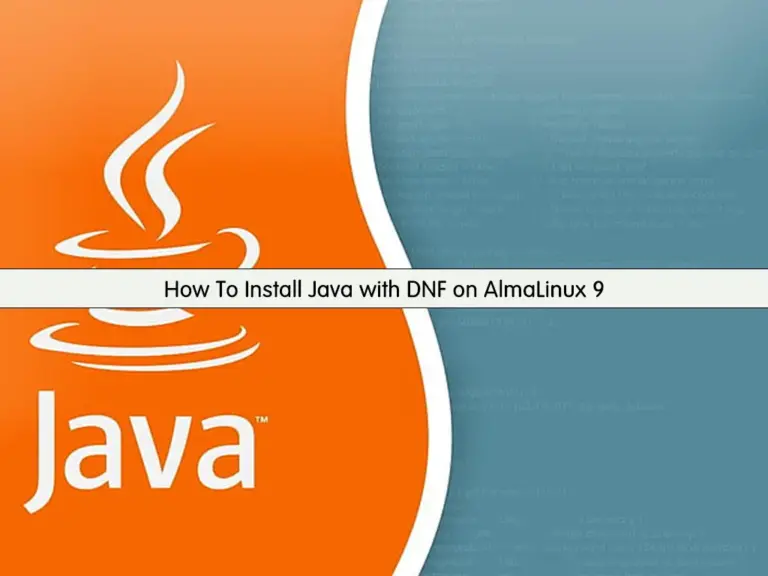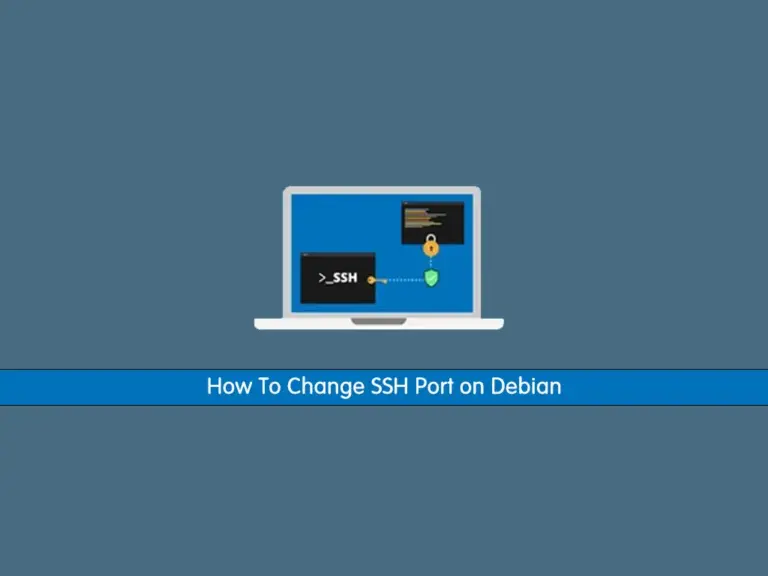
Linux Commands Tutorials
Linux commands are a powerful toolset that can increase efficiency and capability when working with Linux operating systems. But what exactly are Linux commands, and why should you learn Linux Commands?
What Are Linux Commands?
Linux commands are instructions that you enter into a command-line interface or terminal to perform specific tasks on a Linux operating system. Unlike graphical user interfaces (GUIs), in which you interact with your system through buttons and icons, the CLI requires you to type commands. This may seem difficult, but it provides better control.
Why Learn Linux Commands?
Here are some reasons that you must learn Linux commands:
1. Efficiency and Speed: Using Linux commands will improve your performance. Unlike clicking and opening tabs, you can easily use Linux commands and complete your task.
2. Control and Flexibility: You can customize and automate tasks with your needs by using the Linux commands.
3. Resource Management: The CLI consumes fewer system resources than a GUI. Commands like top and htop allow you to monitor and manage system performance effectively.
4. Learning and Growth: Learning Linux commands can help you see how your OS works and speed up your daily tasks. In this section, we try to provide useful commands from basic to advanced commands that everyone must know.
You can easily learn to use them and level up your Linux knowledge.
10 Useful ncat Commands on AlmaLinux with Examples

Set Up ZFS on Debian 12 Bookworm | Powerful Filesystem

Easy Guide to Remove Old Linux Kernels on AlmaLinux 8/9

Clear pip Cache Safely in Linux

Install Default Java with APT on Ubuntu 22.04 – Best Guide

Fix Error User Not in Sudoer File on Ubuntu: 1 Best Soulution

Install Java with DNF on AlmaLinux 9: Comprehensive Guide

Easy Steps To SSH Port Number Change on Debian 12/11/10

Best Stress Test and Benchmark CPU Performance Debian 12/11/10

Easy Steps To Install Dropbox on Debian 12 Bookworm

Configure Firewall with UFW on Debian 12 Bookworm: Comprehensive Guide

Set Up Time Synchronization on Debian 12 Bookworm: Best Practises

Stay informed and not overwhelmed, subscribe now!
